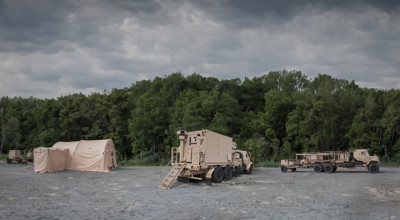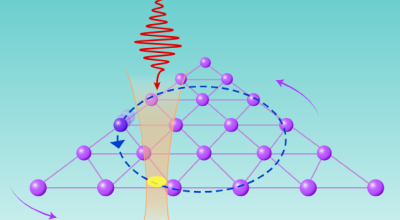
Dr. Jud Ready, a Principal Research Engineer in the Electro-Optical Systems Laboratory (EOSL) at GTRI, was recently featured on Georgia Tech’s Generating Buzz podcast.

A longtime researcher at both Georgia Tech and GTRI, Ready is known for his work in advanced materials, including applications in sports equipment, aerospace systems, and energy storage. He is also the creator of the Materials Science and Engineering of Sports course at Georgia Tech.
During the podcast, Ready provided insights into the new "torpedo bat," a recent innovation adopted by several Major League Baseball players, notably members of the New York Yankees. The bat features a unique design that moves more mass closer to the batter's hands, improving swing speed and precision.
Ready explained that while conventional bats place weight toward the end to maximize power, this design can slow down swing speed. By redistributing mass closer to the handle, the torpedo bat helps players make quicker, more controlled swings, potentially increasing home runs and hits. Ready also discussed how innovations like the torpedo bat reflect broader trends in sports equipment technology, emphasizing customization, materials science, and data-driven design.
The discussion also touched on the role of analytics and emerging technologies in sports. Ready emphasized that advanced analytics, like those used by Georgia Tech athletics, offer new opportunities for customized gear and better performance. This intersection of technology, athletics, and academia is central to Ready's research and teaching at Georgia Tech.
Listen to the Georgia Tech "Generating Buzz" podcast episode on SoundCloud: https://soundcloud.com/gatech/generating-buzz-the-torpedo-bat-a-trend-or-new-standard-in-major-league-baseball





